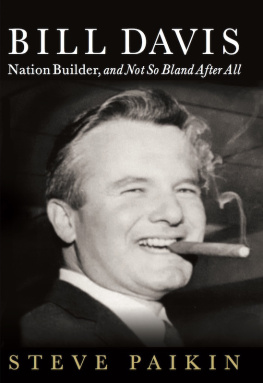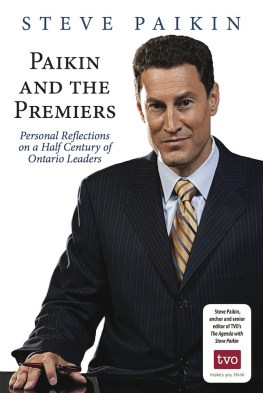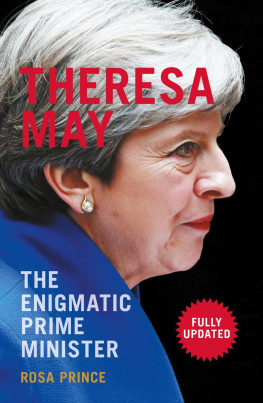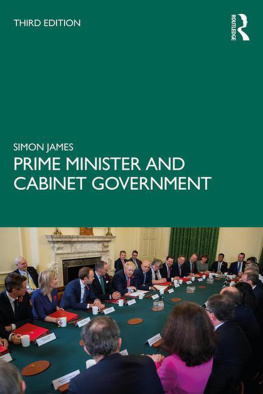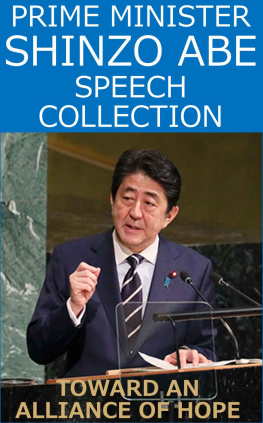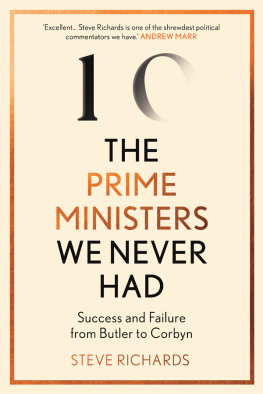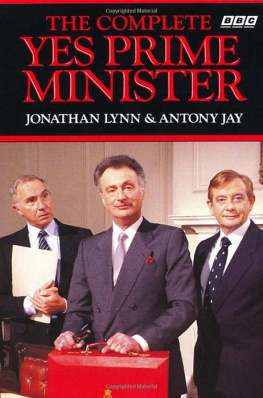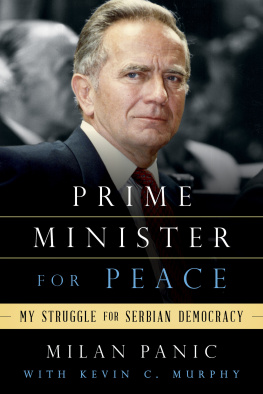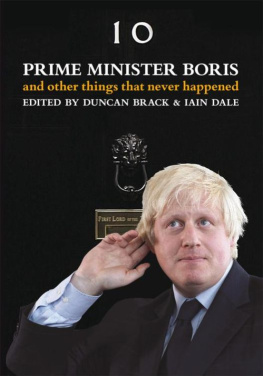Introduction
Election night June 12, 2014 was one of the most anticipated in Ontario political history. Because the public opinion surveys were all over the map, none of the so-called experts could predict with any certainty what was about to transpire. Millions of Ontarians would turn on their television sets that night with no clue as to who was going to win.
I got a taste of that uncertainty just a few days earlier. After taping an episode of The Agenda on TVO with the provincial finance minister and his opposition critics, and when the cameras were no longer rolling, I asked all of them what they thought would happen on election night. Michael Prue, who was running for re-election for the New Democratic Party in BeachesEast York, forecast another minority government for the Liberals. But Vic Fedeli, a rookie member for the Progressive Conservatives from Nipissing, was feeling so bullish about things that he saw a majority government for his PCs. The finance minister himself, Charles Sousa, whose rejected budget was the cause of the election in the first place, looked down, shook his head, and didnt even dare predict. I confess I was taken aback by his apparent lack of confidence in the Liberal Partys re-election prospects.
On the night of June 12, I anchored TVOs live, four-hour, commercial-free election broadcast. It was the ninth Ontario election Id covered. After eight elections, youd think I would have a strong sense of what was about to happen. But I didnt. Sources Ive long trusted over the years were all saying different things.
Then the numbers started to come in. The Liberals quickly jumped out to a solid lead. Then they surpassed the all-important 54-seat count enough for a majority government. And yet none of the other network Decision Desks was prepared to declare definitively that the Liberals had indeed won their majority. Everyone was just too skittish and lacked confidence to make the call.
But as the night wore on, as the Liberal numbers firmed up, and as the Tory numbers just fell flat, shock gave way to acceptance: Premier Kathleen Wynne had saved the Liberals bacon, and thanks to a remarkably efficient vote, captured a solid majority government with just 38.7 percent of the total votes cast. Not only that, she had broken the rookie curse.
Not since 1971 had Ontarians given an unambiguous victory to a first-time leader. In that case, a young 41-year-old rookie leader named William Grenville Davis inherited the PC mantle from Premier John P. Robarts in February, then enlarged the size of the PC majority in the ensuing October election. But for more than four decades after that election, no governing party had figured out how to transfer power from one leader to the next successfully. Until now.
The other big takeaway on election night in 2014 was how thoroughly Ontarians repudiated PC Leader Tim Hudaks unadulterated, unambiguous, small- c conservative agenda. Seventy percent of them voted against it. Since Bill Daviss departure in 1985, and in almost every general election thereafter, Progressive Conservatives had abandoned the moderate, pragmatic centre that was such a feature of the 42-year-long Tory dynasty (from 194385) and had moved harder to the right. The result: just two election wins in nearly 30 years, both by Mike Harris (in 1995 and 1999). While true-blue conservatives interpreted those mandates as Ontarians finally embracing their inner Common Sense Revolutionary zeal, many other observers didnt. They saw those wins as a reaction (maybe overreaction?) to an ineffective and unlucky NDP government a market correction, if you like.
And so the 2014 election result crystallized for many what had become increasingly clear over the years. First, in Ontario, there is only about 30 percent of the population that embraces a hard right-wing agenda of deep tax cuts, an increasingly confrontational approach with unions, and a fervent dislike of government in general and the public sector in particular. Second, that right-wing core is simply not big enough to win elections.
The bottom line: its still Bill Daviss Ontario.
Thats right. Almost three decades after he retired from a quarter-century-long career in politics, its still Bill Daviss Ontario. Despite the influx of millions of people from faraway places, whose customs and religious practices are a million miles removed from the Christian town of Brampton he grew up in, its still Bill Daviss Ontario.
Why write a book on a man whos been out of public life for 30 years? For so many reasons, the first of which is, incredibly, Bill Davis has never sat down with an author to tell his life story for a book. So many lesser politicians have had their biographies written, and yet Davis has always refused. Part of that can be attributed to his own personal modesty, upon which his parents always insisted. Ive never been too attentive to my legacy, Davis told me in 2015. Its astonishing, particularly given his accomplishments. His tenure as premier was nearly 14 years long hes the second-longest-serving premier in Ontario history. He won four consecutive elections, something that hadnt been done since before the First World War. Had he not retired from politics in 1985 at the height of his personal popularity, no doubt he would have won a fifth mandate as well. Hed have wiped the floor with David Peterson and me, acknowledged Bob Rae of that 1985 campaign Davis opted not to fight.
Prime Minister Pierre Trudeau gets most of the credit for patriating the Constitution with an accompanying Charter of Rights and Freedoms. But its no exaggeration to say it never would have happened without Bill Davis, and this book will tell you why. Davis was and is a progressive conservative. He understood, particularly during the six years (197581) he governed in a minority legislature, how to tack right on some issues, then tack left on others, to ensure the support of one of the other parties in the legislature and keep his government alive for another day. He loved nothing more than a theatrical sparring match with his opposition critics during Question Period. But he understood it wasnt personal, just business, so much so that when Brian Mulroney asked for his advice on whom to appoint as Canadas ambassador to the United Nations, Davis gave a glowing recommendation for that socialist ideologue from the 1970s and his favourite legislative sparring partner, former NDP leader Stephen Lewis.
Even before he became premier in 1971, Davis had already made a massive contribution to getting Ontarios young people ready for the latter half of the 20th century and beyond. He was Premier John Robartss minister of education and minister for universities for almost a decade, overseeing the creation of the entire community college system. How big a player was he during the 1960s? Well, Bill Davis spent more than 40 percent of the Ontario budget. Education back then was like health care today its where the money went. He disappointed Trudeau and other francophones by declining to make Ontario officially bilingual, preferring instead to keep the temperature of the Tory core down, and instead, offer public services in French where numbers warranted. Its a policy some people carped about, but no government in the three decades since Davis left office has changed that policy. However, he infuriated that right-wing core of his party when he used the levers of the state to buy a chunk of an oil company named Suncor because he thought the province needed a window on the industry during the Arab oil embargo days. He was the target of hundreds of protests over the years, including most memorably some university students, upset at tuition rate increases, who crashed one of his announcements and chanted, Save us from Davis! But he also won an award for being the best champion of public transit not in Ontario, or even Canada, but in all of North America.



